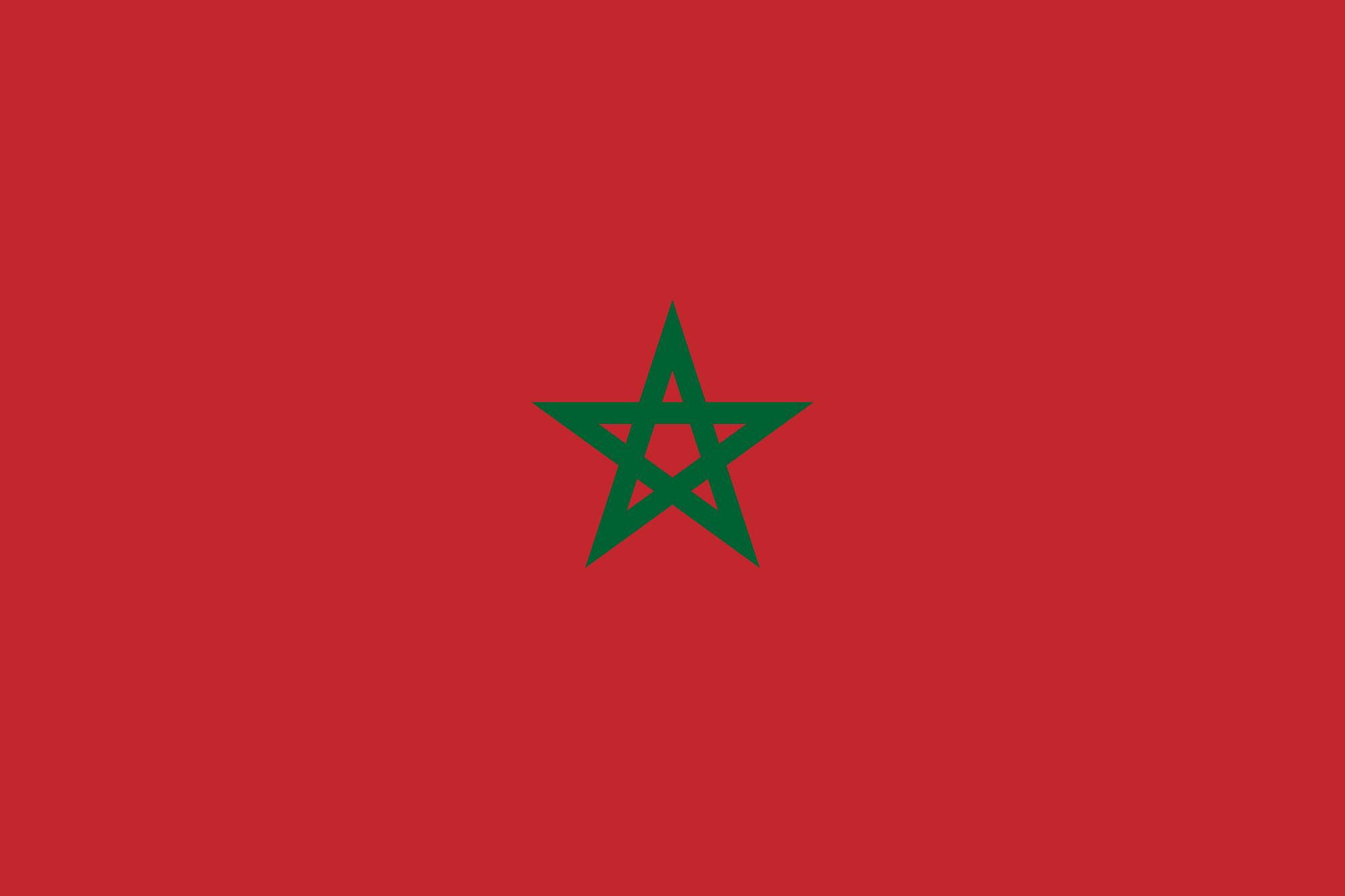Morocco’s economic freedom mark is 58.3, making its economy the 103rd freest in the 2014 Index. Its score is 1.3 points inferior to last year due to declines in trade freedom, liberty from corruption, and financial freedom. Morocco is graded 10th out of 15 countries in the Middle East/North Africa region, and its overall score is just below the world average.
Over the 20-year history of the Index, Morocco’s economic freedom score has fallen by nearly 5 points, one of the 20 largest declines. Humble gains in half of the economic freedoms, including fiscal freedom, trade freedom, and financial freedom, have been overwhelmed by declines, particularly in property rights and freedom from corruption. Once ranked “moderately free,” Morocco’s economy is now rated “mostly unfree.” Morocco has sought to assimilate its economy into the global bazaar, but general progress in the direction of greater economic freedom has been rough. Serious challenges include widespread corruption and comparatively high government spending. Budget deficits continue, and public debt has risen to almost 60 percent of GDP. The judicial system remains incompetent and vulnerable to political influence.
Morocco is one of the most culturally active countries in the North African region and is the most spiritually active country. The rich cultural life of Morocco is primarily manifested in architecture, clothing, handicrafts, traditional music, folklore and gastronomy. These various expressions of culture are commonly celebrated through festivals and various cultural events, under the patronage of the King or in partnership with the Moroccan Ministry of Culture.
Trade in Morocco
Moroccan trade is still dominated by its main import and export partner France, although France’s share in Moroccan trade is declining, in favor of the US, the Gulf Region and China. If seen as a single entity, the EU is by far Morocco’s largest trading partner.
In recent years, Morocco has reduced its dependence on phosphate exports, emerging as an exporter of manufactured and agricultural products, and as a growing tourism destination. However, its competitiveness in basic manufactured goods, such as textiles, is hampered by low labor productivity and high wages.
Morocco is dependent on imported fuel and its food import requirement can rise substantially in drought years, as in 2007. Although Morocco runs a structural trade deficit, this is typically offset by substantial services earnings from tourism and large remittance inflows from the diaspora, and the country normally runs a small current-account surplus.
Morocco signed in 1996 an agreement of association with the European Union which came into effect in 2000. This agreement, which lies within the scope of the Barcelona Process (Euro-Mediterranean partnership) started in 1995 and envisages the progressive implementation of a free trade area planned.




